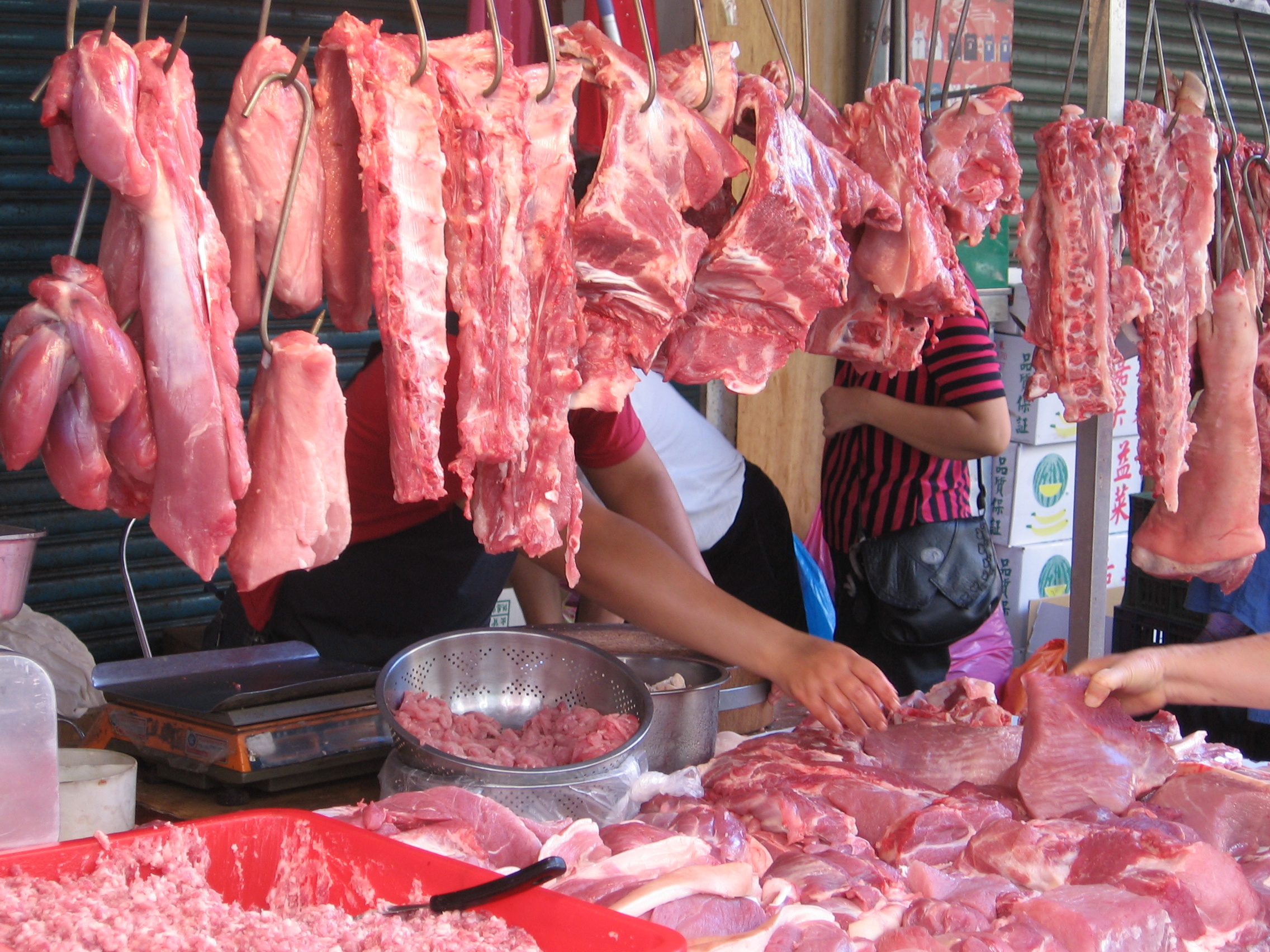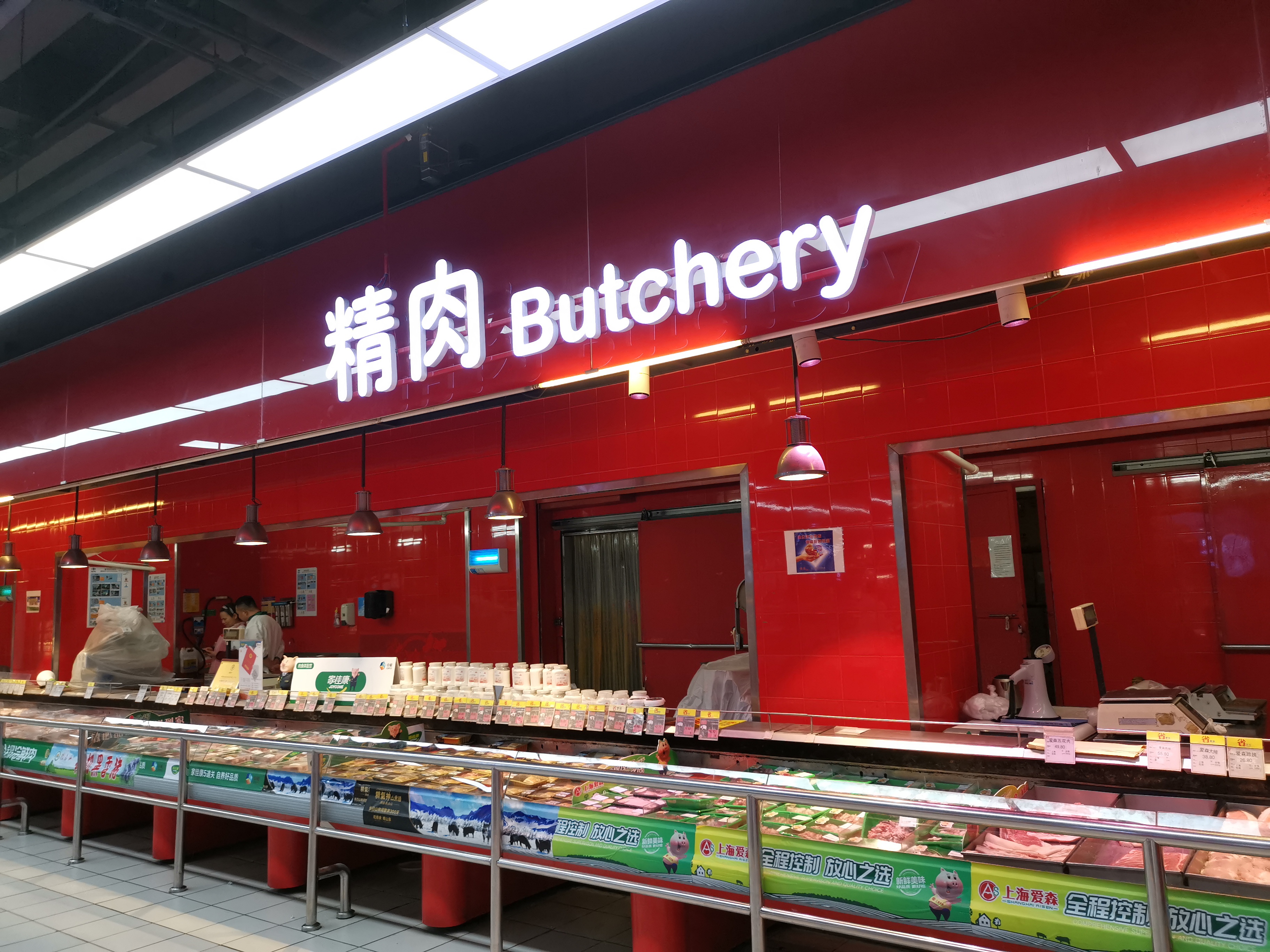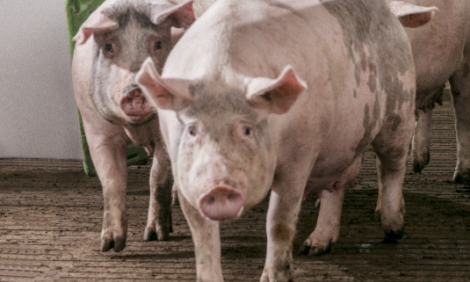



Taiwan’s pork referendum approaches
Taiwan President Tsai Ing-wen is urging people to vote “no” in four upcoming referendums in December, including a vote to permit imports of pork containing the additive ractopamine.Reuters reports that the four referendums will be the first major electoral test for Taiwan’s ruling party since she was re-elected in a landslide vote last year.

Of the four referendums, the two most contentious ask whether to ban pork containing a leanness-enhancing additive, and whether to change the site of a planned new liquefied natural gas (LNG) terminal to protect the marine environment.
Last year, the government approved pork containing ractopamine, which is banned in the European Union and China though widely used in the United States, despite the objections of the main opposition party, the Kuomintang (KMT), on safety grounds.
The government hopes the approval for ractopamine - and the rejection of a proposed ban in the referendum - will pave the way for a free trade deal with the United States. Major Taiwan food firms have pledged not to sell or import pork containing ractopamine.
The LNG referendum asks whether the terminal should be relocated from a site that affects an algal reef. The government says the terminal is vital for energy security, and has already said it will change the site.
Speaking at a regular meeting of her Democratic Progressive Party, Tsai said it was vital to vote no on the pork and LNG issue, to show commitment to openness on international trade on the former, and for its energy security on the latter.
"US pork is just one choice on the market - it's not forcing anyone to buy it," she said.
The LNG terminal will also reduce pollution, and its relocation had already been proposed, Tsai added.
KMT Chairman Eric Chu said on Saturday that his party would frame the referendums as a vote of no confidence in the government.
Tsai said the government would begin a campaign on Saturday "to prevent the referendum from turning into a vicious fight" and would join Vice President William Lai and Premier Su Tseng-chang in leading the efforts for "no" votes.

Referendums require a turnout of at least 25% of some 19 million eligible voters to be valid, with a majority voting "yes" to get passed.
A third vote asks whether referendums should be held on the same day as general elections, which supporters say would lead to higher turnout and a fourth is on whether the government should continue building a stalled fourth nuclear power plant.






